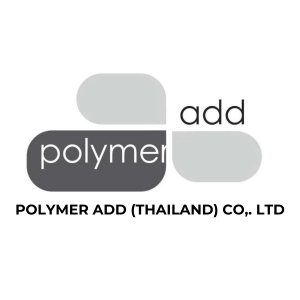Zinc stearate is commonly used in cosmetics and personal care products due to its unique properties and versatile applications. Some of its main uses in this industry include:
Binder and Bulking Agent
Zinc stearate acts as a binder and bulking agent in cosmetics formulations, helping to improve the cohesion and texture of powders, creams, and lotions. It aids in the formation of stable emulsions and suspensions, ensuring uniform distribution of pigments, fillers, and active ingredients in the product.
Matting Agent
Zinc stearate is often used as a matting agent in cosmetics such as foundations, powders, and blushes to reduce shine and create a matte finish on the skin. It helps absorb excess oil and sebum, resulting in a smoother, more natural-looking complexion with reduced glare or reflection.
Anti-Caking Agent
In powdered cosmetics and talcum products, zinc stearate serves as an anti-caking agent, preventing the particles from clumping or sticking together. By improving flow properties and dispersion, zinc stearate ensures easy application and uniform coverage, enhancing the user experience.
Lubricant and Glidant
Zinc stearate acts as a lubricant and glidant in cosmetic powders, helping to improve the spreadability and blendability of the product on the skin. It imparts a silky-smooth feel and reduces drag during application, enhancing the comfort and ease of use for consumers.
Absorbent and Anti-Perspirant
Zinc stearate has absorbent properties that make it suitable for use in cosmetic products such as deodorants, antiperspirants, and body powders. It helps absorb moisture, sweat, and odour, keeping the skin dry and fresh while providing long-lasting protection against wetness and odour.
Opacifying Agent
Zinc stearate can act as an opacifying agent in cosmetics formulations, providing opacity and coverage to creams, lotions, and other emulsions. It helps to mask imperfections, blemishes, and discolorations, resulting in a more even and uniform skin tone.
Thickener and Emollient
Zinc stearate functions as a thickener and emollient in cosmetic formulations, contributing to the viscosity, texture, and hydration of creams, lotions, and ointments. It helps improve the spreadability and moisturizing properties of the product, leaving the skin feeling soft, smooth, and nourished.
